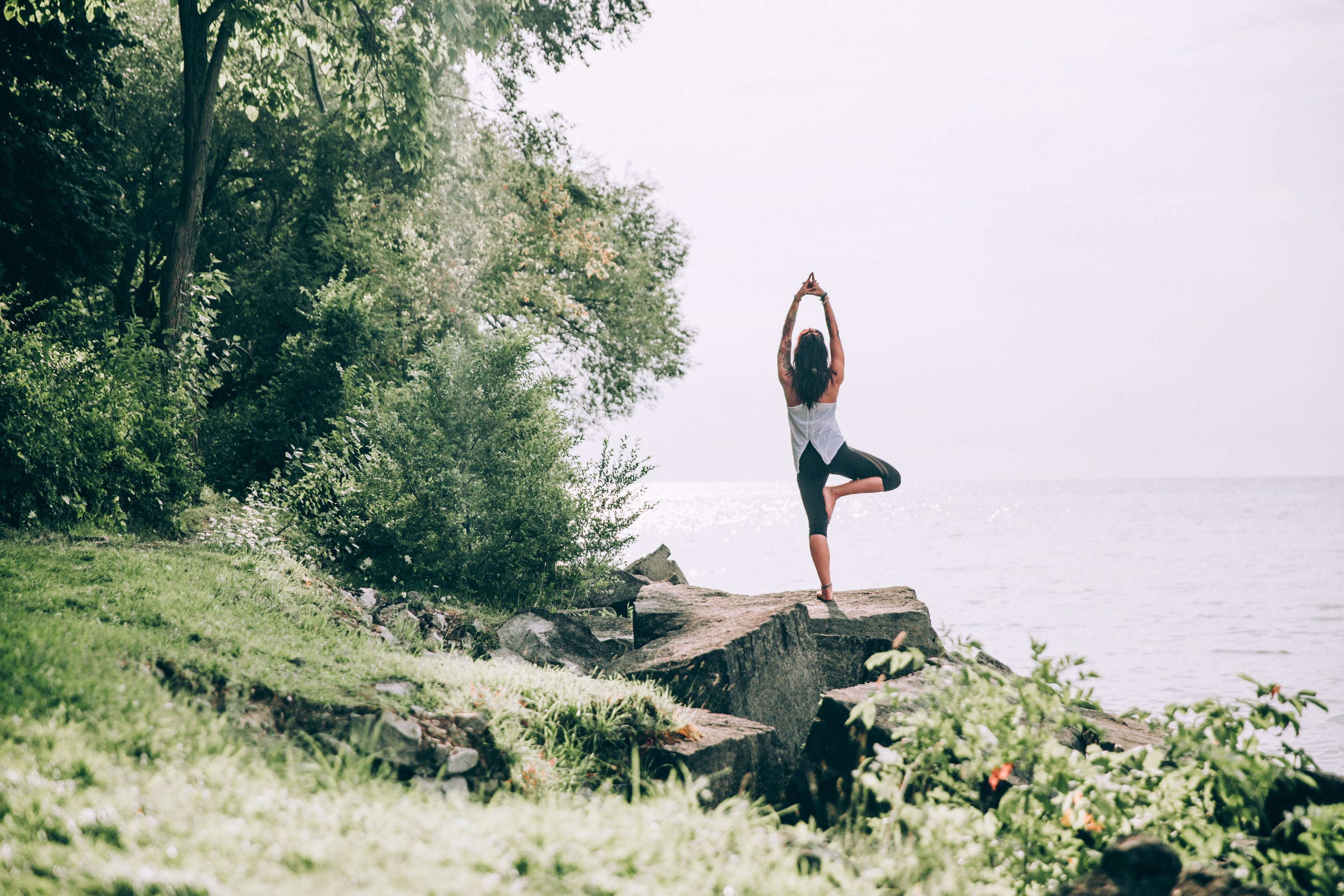
Can Coffee Drive Away Mosquitoes? Exploring the Myth and the Methods
Few creatures are as universally disliked as the mosquito. With their itchy bites and potential to spread diseases, it’s no wonder people seek out every imaginable remedy to keep them away. Among the more curious suggestions you’ll come across is the idea that coffee - whether in liquid form, grounds, or other preparations - can deter mosquitoes. But does coffee really help keep these buzzing nuisances at bay, or is it just another unfounded claim?
In this blog, we’ll examine the science behind mosquitoes’ behaviour, what role coffee might play, and whether it’s truly effective at warding off these persistent pests.
Understanding Mosquito Behaviour
Mosquitoes are drawn to humans and other animals primarily by scent and chemical signals. They detect carbon dioxide, body heat, sweat, and skin odours. While visual cues can play a minor role, their strong sense of smell guides them to potential hosts. Keep this in mind: for something to repel mosquitoes, it generally needs to interfere with their sensory perception, mask attractants, or create an environment they find unfavourable.
Coffee and Mosquito Repellence: The Claims
-
Burning Coffee Grounds: One popular rumor suggests that burning coffee grounds outdoors can help repel mosquitoes. Proponents argue that the smoke and aroma produced by smoldering coffee grounds confuse mosquitoes, making them less likely to linger.
- Reality Check: While smoke from any burning material can help deter insects temporarily (since smoke masks scents and irritates them), coffee grounds are no magical ingredient here. The smell may be less appealing to mosquitoes than other types of smoke, but this effect is neither well-studied nor guaranteed. It’s more the smoke itself rather than the coffee that may provide short-term relief.
-
Topical Coffee Extracts or Coffee-Based Solutions: Another claim is that applying coffee extracts or caffeinated solutions to the skin might repel mosquitoes. There’s little scientific evidence to support this idea. Most known insect repellents rely on chemicals like DEET, picaridin, IR3535, or essential oils like citronella, rather than caffeine or coffee compounds.
-
Coffee Scent as a Masking Agent: Some suggest that the strong scent of coffee could mask human odours that attract mosquitoes. Though coffee’s aroma is pleasant to us, there’s no solid research showing that it effectively confuses mosquitoes enough to drive them away. Most insect senses are tuned to very specific cues - like carbon dioxide and lactic acid from human skin - and are not easily fooled.
The Science: What Studies Suggest
There is a scarcity of reputable scientific studies or peer-reviewed research directly assessing coffee as a mosquito repellent. Evidence remains anecdotal and limited. While there is a rich body of research on various essential oils (e.g., lemon eucalyptus), synthetic repellents (like DEET), and even genetically modified mosquito populations, coffee rarely appears as a serious contender in scientific literature.
One possible reason for the ongoing myth is that many insects find smoke in general distressing. Burning coffee grounds produces a mild, distinctive smoke that may temporarily reduce insect presence, but so would burning other materials. Without controlled experiments, it’s tough to credit coffee specifically for any repellent qualities.
Indirect Factors: Could Coffee Help Indirectly?
While coffee itself may not be a reliable mosquito deterrent, there are a few indirect ways your coffee habit might influence mosquito encounters:
- Increased Alertness: Being more alert won’t change mosquito behavior, but you may notice and swat them more effectively if you’re fully awake and attentive.
- Social Gatherings with Coffee: In group settings, mosquitoes may gravitate towards certain individuals more strongly. If coffee consumption influences your body odour slightly (by changing metabolic by-products), it could alter your attractiveness to mosquitoes - though this is speculative and likely minimal.
Tested and Proven Methods for Mosquito Control
Instead of relying on coffee, consider these proven approaches:
- Use Proven Repellents: Look for products containing DEET, picaridin, or oil of lemon eucalyptus, which have undergone scientific testing.
- Eliminate Standing Water: Mosquitoes breed in stagnant water. Removing or refreshing water sources cuts down on mosquito populations.
- Wear Protective Clothing: Long sleeves, pants, and socks reduce the exposed skin surface that mosquitoes can target.
- Mosquito Netting and Fans: Physical barriers like window screens, nets, and a simple fan to disrupt their flight are more reliable than coffee’s aroma.
Enjoying Coffee Outdoors: A Balanced Perspective
If you love sipping coffee outdoors in mosquito-prone areas, there’s no harm in hoping that burning some coffee grounds might offer momentary relief. Just keep expectations in check. It’s more likely the smoke itself provides a slight deterrent, rather than the coffee compounds working any magic.
And if you’re applying coffee grounds around your yard as mulch, while great for plants and composting, it’s not a known method to consistently reduce mosquito populations. Consider it a gardening boon rather than a mosquito solution.
Conclusion: Don’t Count on Coffee to Keep Mosquitoes Away
The notion that coffee can drive away mosquitoes isn’t backed by strong evidence. While coffee’s aroma and smoke from burning grounds might have a mild, short-lived effect, it’s far from a reliable or scientifically endorsed repellent.
For consistent, effective mosquito control, proven strategies and recognized repellents are the way to go. Enjoy your coffee for its flavour, aroma, and energy boost - just don’t expect it to serve as a mosquito shield on a warm summer evening.